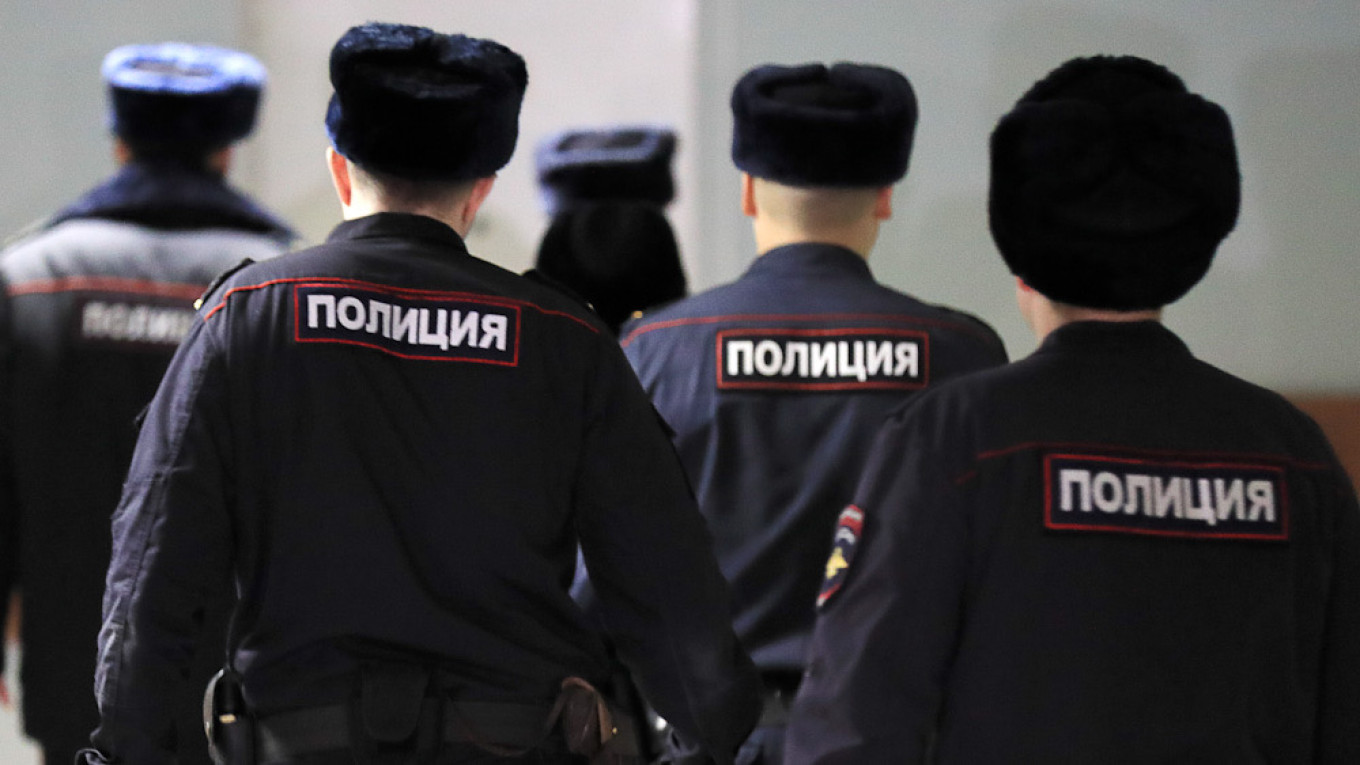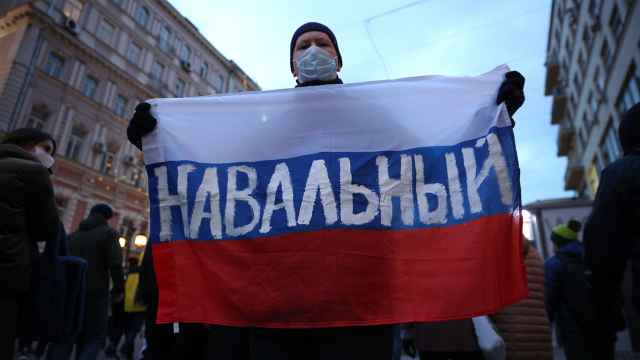Is it fair to say that the spectacular trainwreck of the FSB’s operation to poison Alexei Navalny is the worst failure in the history of the Russian and Soviet security services?
To be sure, it’s just the latest in a series of incredible blunders. Consider the failure of the plot to kill Sergei Skripal that highlighted the astounding incompetence of Russia’s military intelligence (GRU). Or Bellingcat’s recent report that blew the cover of some 305 GRU officers through a car registration database. All these point to a deep rot at the heart of Russia’s intelligence apparatus that is really quite unparalleled.
Failures happen, and history offers plenty of examples. Soviet intelligence was badly hit by betrayals like that of Oleg Penkovsky and Oleg Gordievsky, and defections like that of the embassy clerk Igor Gouzenko — who revealed the extent of Soviet nuclear espionage in the West — and Vladimir Petrov, who exposed the Soviet spy ring in Australia.
These failures — and there were many more, to be sure — badly damaged Soviet intelligence operations but they did not delegitimize the intelligence apparatus as such. This was just the collateral damage of spycraft.
Yes, people defected. Yes, covers were blown. But one could perhaps still speak of working for Soviet intelligence with a sense of professional deference. Individuals were fallible but the agencies commanded a degree of respect and inspired fear.
When the KGB targeted Soviet dissidents and political activists, it lived up to its reputation for brutality and repression, but you could not really say of it that it was incompetent or corrupt. Indeed, even in its crimes, the KGB was formidable and efficient.
Even as the Soviet Union withered and declined, the KGB and the GRU seemed both more competent and, oddly, cleaner than some of the other tentacles of what are now known as the siloviki (security services). In the early 1980s, for example, the KGB played an important role in the investigation of the Cotton Affair (entailing high-level corruption in then-Soviet republic of Uzbekistan), and of the abuse of power in the Ministry of Interior (leading to the dismissal of Minister Nikolai Shchyolokov, who later committed suicide).
The KGB never experienced the kind of humiliation that the Soviet military was subjected to when in May 1987 a young amateur West German aviator Mathias Rust slipped through Soviet air defenses and landed his Cessna Skyhawk near the Red Square in Moscow.
That incident made mockery of the famed Soviet military might, leading to Mikhail Gorbachev’s dismissal of Minister of Defence Marshal Sergei Sokolov and a host of other military officials.
Gorbachev certainly understood the implications of the Rust affair. “This is a blow against the leadership of the country, and our entire policy,” he argued at the Politburo. “If we could not handle this case, how can we lead [the country] in extreme situations?... We must tell the people the whole truth.”
In the late 1980s, everything seemed to be falling apart: the military, the economy, even science. There were train, nuclear, and environmental disasters. There was incompetence and corruption in all spheres of life. Against this lamentable backdrop, the Soviet state security services were not distinguished by any special degree of incompetence and corruption. It was not until the infamous coup of August 1991, which KGB Chairman Vladimir Kryuchkov helped organize, that the Soviet public beheld both the rot and the impotence of the supposedly all-powerful Lubyanka.
The Federal Security Service (FSB) that succeeded the KGB never quite recovered the latter’s reputation for prowess and competence. Despite or perhaps because of Vladimir Putin’s affiliation with both the KGB (as an officer) and the FSB (as Director), and despite efforts to bolster the FSB financially and empower it through legislation, it never lived up to the ideal of an impartial, incorruptible, powerful image of “cold-headedness and warm-heartedness” that was part and parcel of the KGB myth.
Instead, it reeked of something fairly nefarious from early on (partly a consequence of the FSB’s unclear role in the apartment bombings that helped pave Putin’s way to power). But not until now has this mechanism at the center of Russian power been exposed as so improbably incompetent and corrupt.
After Nikolai Shchyolokov was removed as Soviet Minister of Interior, and accused of corruption and abuse of power, he blew his brains out with a hunting rifle. When Mathias Rust exposed the incompetence of the Soviet air defenses, Minister Sergei Sokolov resigned in disgrace. Those were honorable times.
Meanwhile, the head of the FSB Alexander Bortnikov remains in his post, helping powder the fetid rot at the heart of Russia’s undisguisedly criminal regime. The mind-boggling exposé of the FSB’s bungled-up attempt to poison Putin’s leading political opponent has led to nothing but pathetic, clownish denials from the country’s most fearsome agency.
Some twenty-five hundred years ago, the Chinese philosopher Laozi is purported to have written (in the Daoist classic Dao De Jing) that the best rulers are those of whom the people are barely aware; the next best are those who are loved; the next best — those feared, and the worst are those who are despised. By Laozi’s measure, we really have reached the bottom. The only unanswered question is how long this infamy will last.
A Message from The Moscow Times:
Dear readers,
We are facing unprecedented challenges. Russia's Prosecutor General's Office has designated The Moscow Times as an "undesirable" organization, criminalizing our work and putting our staff at risk of prosecution. This follows our earlier unjust labeling as a "foreign agent."
These actions are direct attempts to silence independent journalism in Russia. The authorities claim our work "discredits the decisions of the Russian leadership." We see things differently: we strive to provide accurate, unbiased reporting on Russia.
We, the journalists of The Moscow Times, refuse to be silenced. But to continue our work, we need your help.
Your support, no matter how small, makes a world of difference. If you can, please support us monthly starting from just $2. It's quick to set up, and every contribution makes a significant impact.
By supporting The Moscow Times, you're defending open, independent journalism in the face of repression. Thank you for standing with us.
Remind me later.








